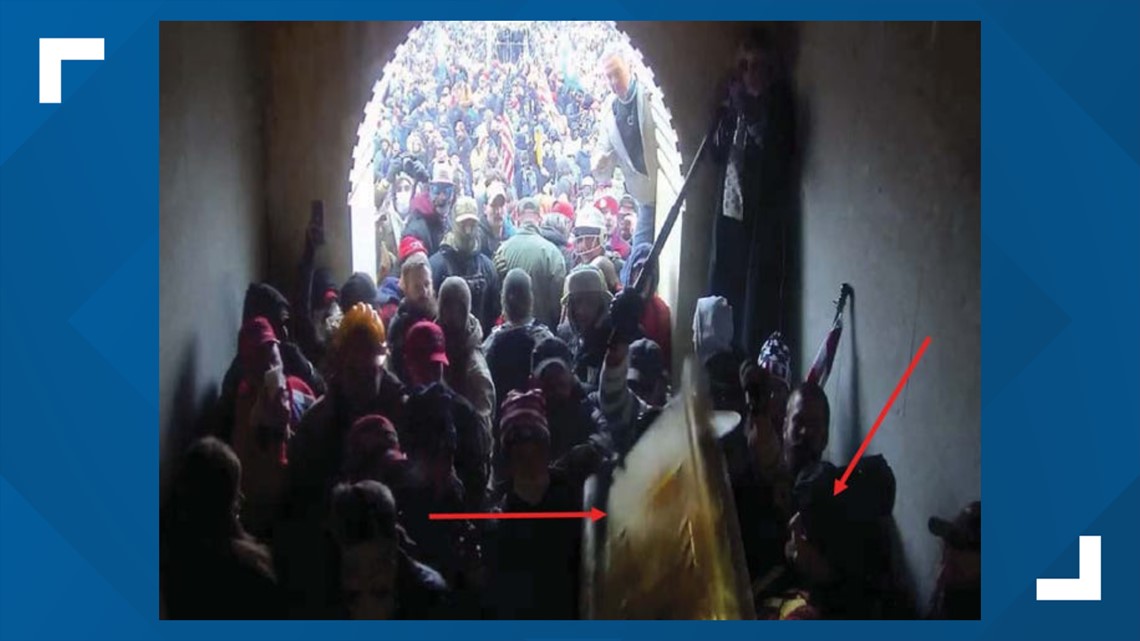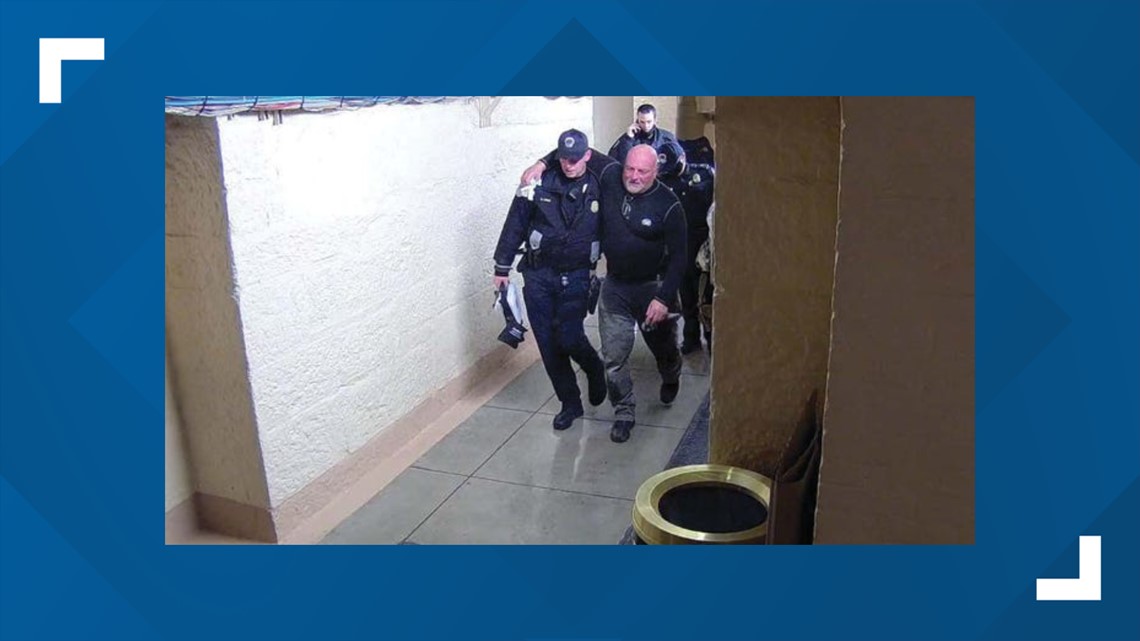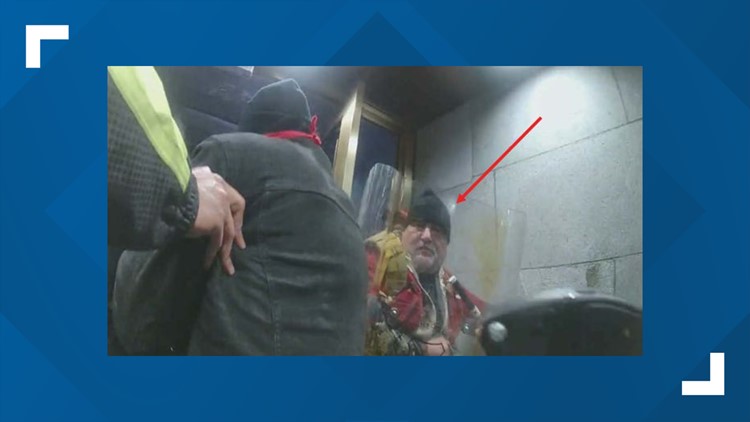ST. AUGUSTINE, Fla. — The lawyer for a St. Augustine man indicted after the Jan. 6 riot at the U.S. Capitol is arguing prosecutors want “an unprecedented informational blackout” over records investigators collected to build their case.
“This is not the Soviet Union and the government does not get to control the narrative of what happens in the courtroom,” attorney Marina Medvin argued to a federal judge in Washington weighing the prosecution of John Steven Anderson, 61.
“The weed-like growth of the government’s power over public information is outrageous and un-American and cannot be permitted to continue unchecked.”
Prosecutors asked U.S District Judge Rudolph Contreras last week for an instruction called a “protective order” that would let Anderson and his defense team see investigators’ records but would keep them from circulating information considered “sensitive or highly sensitive.”
Protective orders are regularly used in cases involving financial crimes to keep material like bank records and credit card statements with personal information from being copied into public court records.
In this case, where Anderson is charged with obstructing or interfering with police during a civil disorder, prosecutors want the order to cover the same type of personal information plus records containing information about confidential government sources of information, sources and methods of law enforcement, Capitol repair estimates and footage from security cameras on the Capitol grounds.


Anderson pleaded not guilty to an eight-count indictment last month.
Versions of the order have been used by 16 other judges and magistrates hearing cases involving Capitol riot defendants, Assistant U.S. Attorney Robert Juman told Contreras.
An order like that was approved last week by the judge handling the case against a Middleburg couple charged in the riot, Dana Joe Winn and Rachael Pert, neither of whom objected to the measure. The two pled not guilty last week to a five-count indictment filed in February.
U.S. Capitol Police don’t wear body cameras (other police did), but the security cameras recorded about 14,000 hours of video during the riot that was handed over to the FBI and Washington’s Metropolitan Police Department, Capitol Police General Counsel Thomas DiBiase said in a statement filed in Anderson’s case.
“The department has significant concerns with the release of any of its footage to defendants unless there are safeguards in place to prevent its copying,” DiBiase wrote in the filing, submitted Sunday.
“…Our concern is that providing unfettered access to … defendants who have already shown a desire to interfere with the democratic process will result in the layout, vulnerabilities and security weaknesses of the U.S. Capitol being collected, exposed and passed on to those who might wish to attack the Capitol again.”
The footage would show the Capitol’s entry and exit points, office locations and their relationship to other parts of the building, DiBiase said.


A police officer and four civilians died as a result of the riot, in which supporters of former President Donald Trump delayed Congress certifying President Joe Biden's election.
In a filing opposing prosecutors' request, Medvin said an order might be appropriate if there is a “particularized, specific need” to keep some information under wraps. But she said “the standard constitutional standard outlined by the Supreme Court” doesn’t support the protective order being sought.
Camera footage was a focus of Medvin’s objections.
“[T]o say that all video from security cameras in the Capitol, especially ones that show the defendant’s alleged criminal conduct, are subject to secrecy unless the government has already made those images public, is an unreasonable infringement on the defendant’s Sixth Amendment right to a public trial,” Medvin argued. “The government cannot restrict Mr. Anderson’s ability to defend his conduct using the government’s evidence under the blanket designations ‘Sensitive or Highly Sensitive.’”
Images from both security cameras and police body cameras were used in a filing called a statement of facts that an FBI agent assembled to make a case for charging Anderson, who appears to be recorded entering the Capitol with protesters, then holding a police officer's shield, struggling in the crowd and being helped by police toward medical attention after an asthma attack apparently triggered by pepper spray.
Juman answered Mevin's argument by saying the prosecution “has no objection to the defense using still shots from [video] footage in pleadings just as the government has done.”



